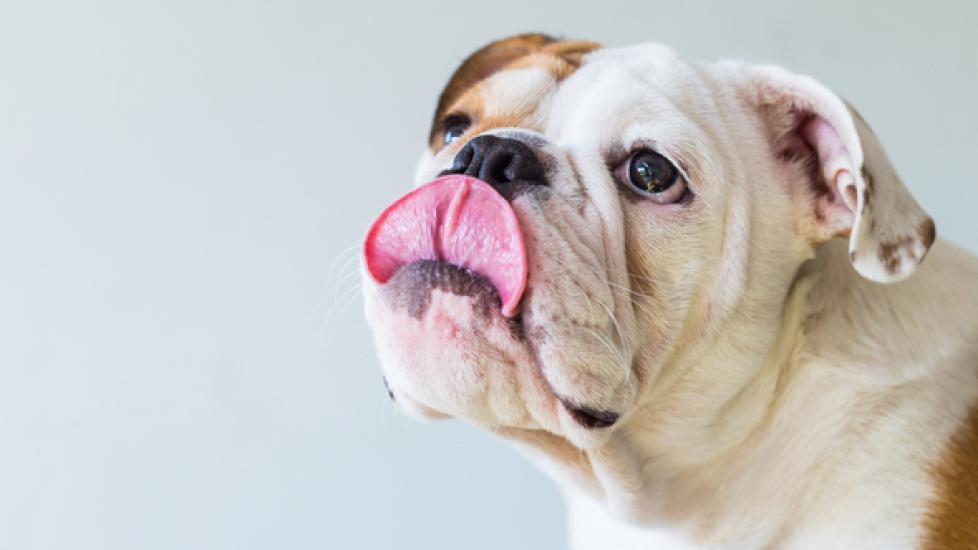Title: “Dry Mouth in Pets: What to Do About It”
Introduction Paragraph:
In the world of pet care, a dry mouth is often overlooked as a minor issue. However, it can be a sign of something more serious and lead to various health complications for our furry friends. Understanding what causes dry mouth in pets, its symptoms, and how to manage it effectively is crucial for maintaining your pet’s overall well-being. This article aims to provide you with comprehensive information on this topic, ensuring that you are equipped with the knowledge necessary to keep your beloved companion healthy and happy.
Body Paragraph 1: Causes of Dry Mouth in Pets
Dry mouth, or xerostomia, in pets can stem from several factors. Some common reasons include age (older animals tend to have decreased saliva production), certain medications such as antihistamines or diuretics which can cause side effects like dryness, dental disease leading to inflammation of the glands, and underlying health conditions like kidney failure or diabetes mellitus. Additionally, environmental factors such as stress or anxiety can also contribute to reduced salivation.
Body Paragraph 2: Symptoms to Look Out For
It’s important to recognize the signs of dry mouth in order to address the problem early on. These may include excessive pawing at the face, particularly around the mouth area; increased thirst and water consumption; bad breath due to lack of saliva’s cleansing action; and an increase in drooling caused by the body’s attempt to compensate for low moisture levels. If left untreated, these symptoms could progress and affect other parts of your pet’s body.
Body Paragraph 3: Managing Dry Mouth Effectively
Managing dry mouth requires a multifaceted approach tailored to each individual case. Here are some steps you can take:
-
Hydration: Encourage your pet to drink plenty of fresh water throughout the day. You might consider adding a pet-safe electrolyte mix to their water bowl to enhance taste and encourage intake.
-
Frequent Dental Care: Regular brushing helps reduce plaque buildup and keeps the oral cavity clean. Consider using products specifically designed for pets with sensitive mouths.
-
Healthy Diet: Feed your pet a balanced diet rich in moisture content. Wet food or even pureed fruits and vegetables can help maintain proper hydration levels.
-
Environmental Changes: Reduce stressors in your pet’s environment where possible. A calm atmosphere can help minimize episodes of dry mouth.
-
Supplements: There are supplements available that can aid in stimulating salivary flow without causing harm to your pet. Always consult with your veterinarian before starting any new regimen.
-
Regular Checkups: Schedule regular veterinary visits so potential issues can be detected early and treated accordingly. Your vet may recommend additional tests if they suspect a specific condition affecting saliva production.
Conclusion Paragraph:
By staying vigilant about the signs of dry mouth and taking proactive measures to ensure adequate hydration and good oral hygiene practices, we can support our pets’ quality of life significantly. Remember that every animal is unique, and treatment should always be personalized under professional guidance. Stay informed, stay involved, and most importantly, show your love and dedication to your cherished four-legged companions who rely heavily upon us for their care.
